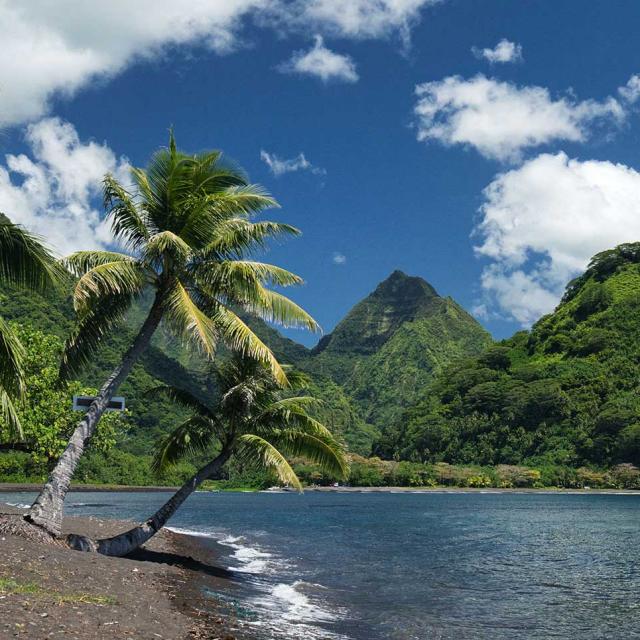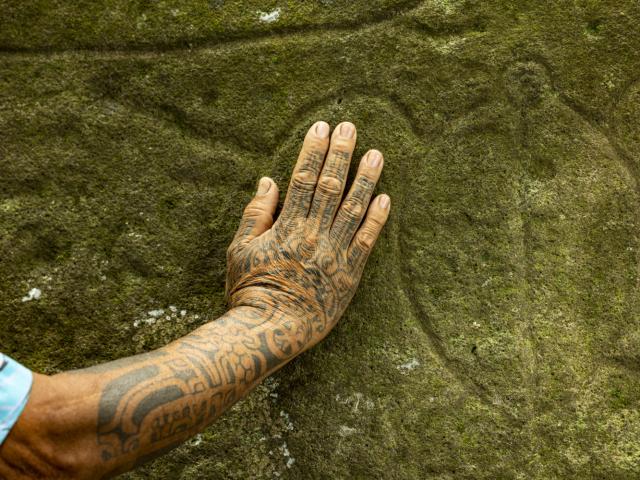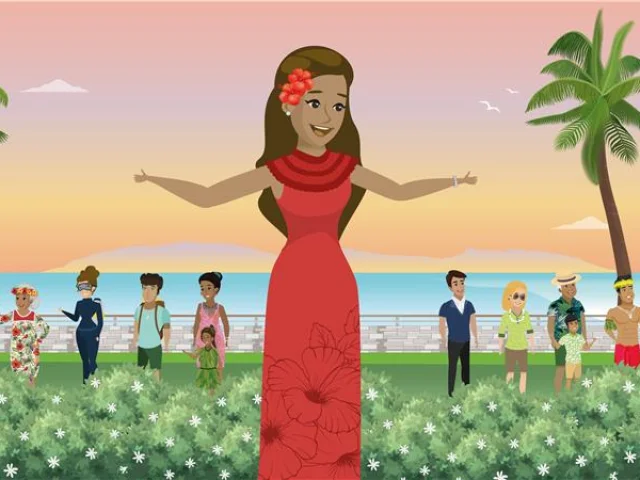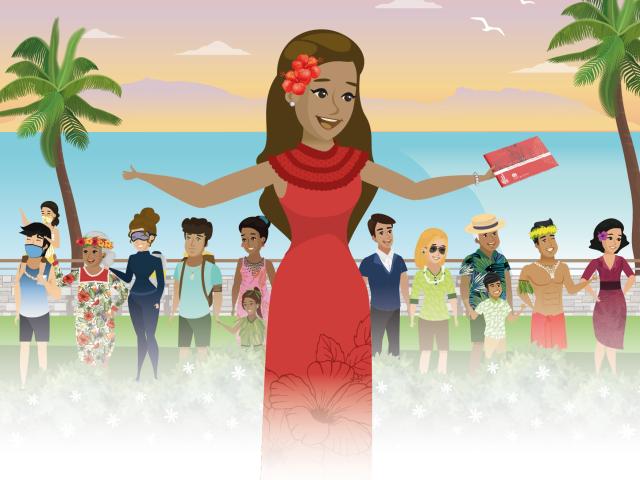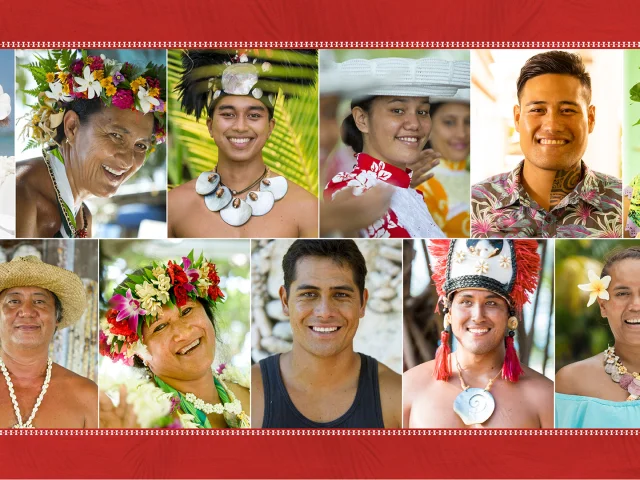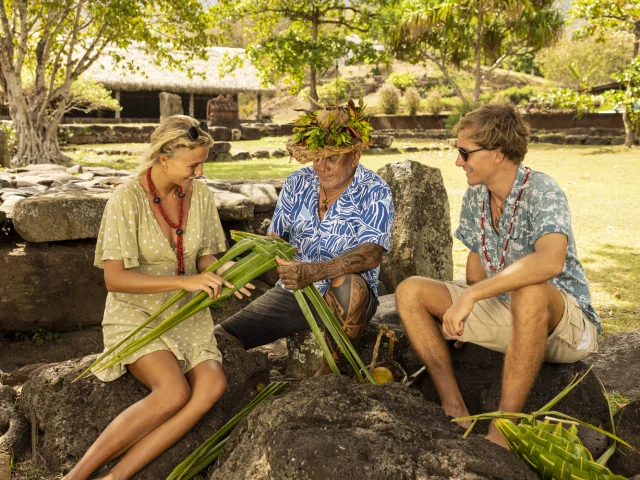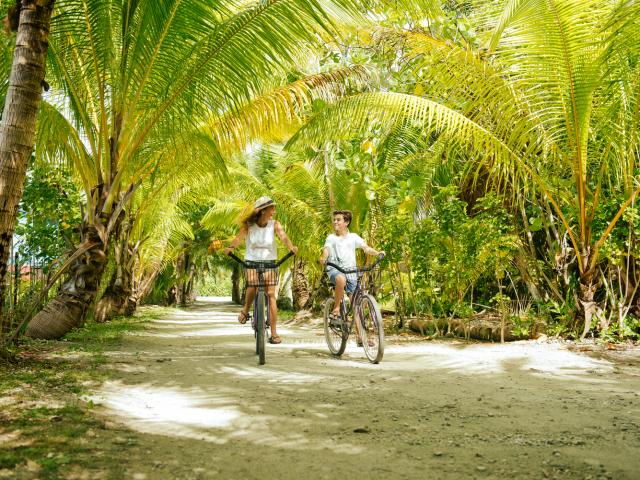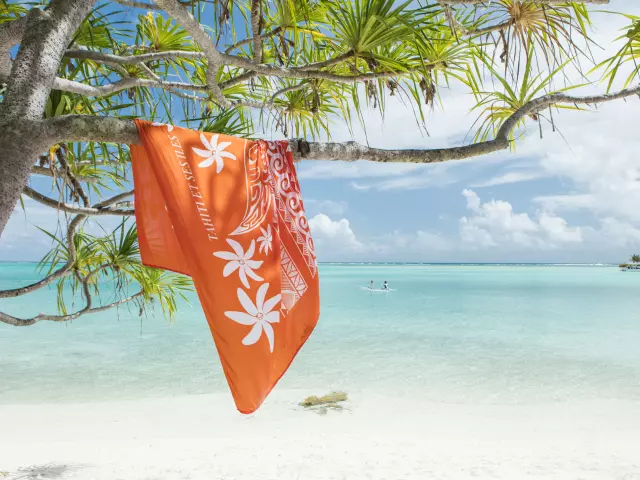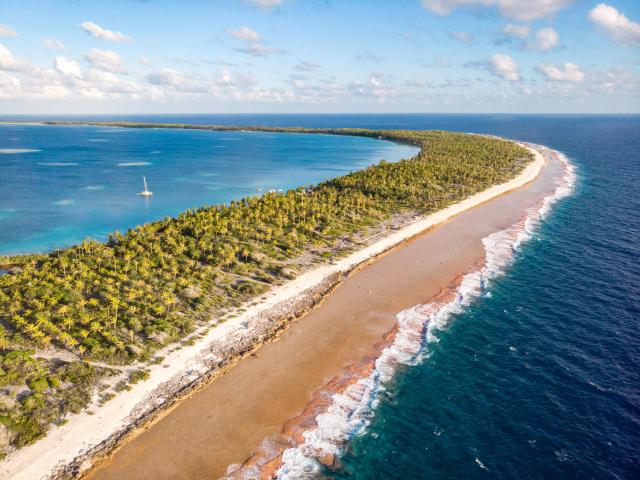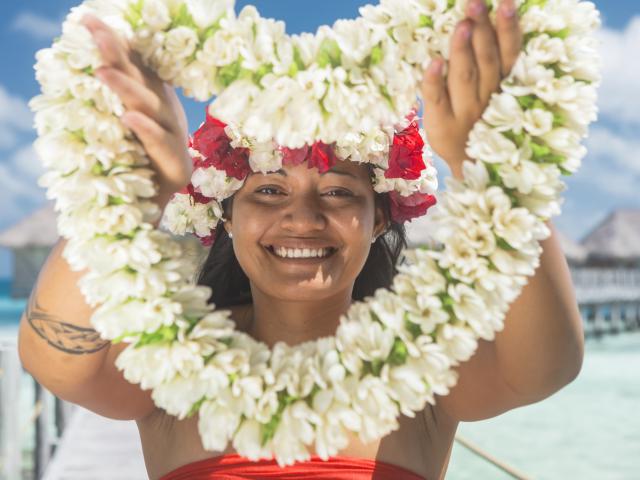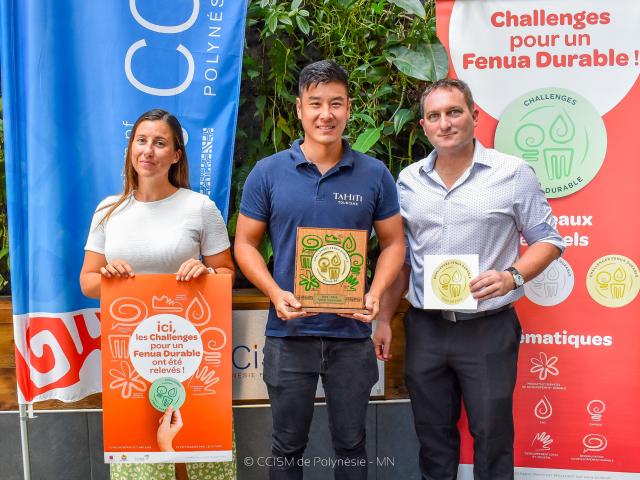The Fari’ira’a Manihini 2027 (or FM27) plan is the tourism development strategy that in the next five years, seeks to position French Polynesia (also known as The Islands of Tahiti) as one of the leading destinations in the Pacific for inclusive and sustainable tourism. It is a critical roadmap that was co-constructed with the local population as well as public and private tourism stakeholders in a collaborative approach initiated by the Ministry of Tourism of French Polynesia.
The Fari’ira’a Manihini 2027 (FM 27) places environmental and cultural preservation of the destination as the top priority along with preserving the visitor experience. At the heart of the plan is the economic and cultural needs of the Tahitian population, across the vast region of 118 islands and atolls in the South Pacific. One key pillar of the plan is to manage the rate of visitation, projected to be 280,000 by 2027. This cap would maintain a goal of a relative ratio of one inhabitant to one visitor with the current population of 278,781 according to the latest census (2022). The plan is intended to preserve the culturally authentic and high-quality experience for the visitor.


